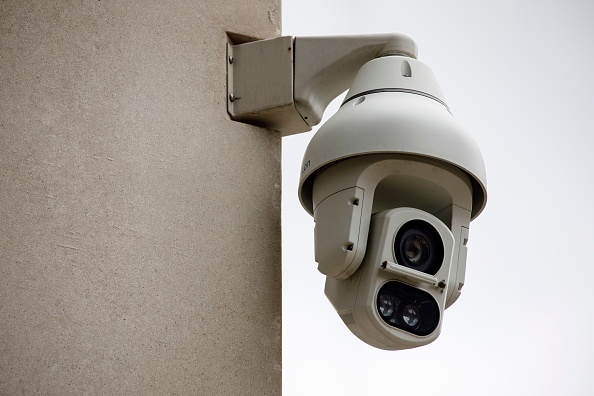Court throws out privacy challenge to facial recognition technology in landmark ruling

The High Court today rejected a privacy challenge to the use of facial recognition technology in a landmark ruling.
The High Court found that the use of automatic facial recognition technology (AFR) by South Wales police was lawful after a challenge by privacy campaigner Ed Bridges who was represented by advocacy group Liberty.
AFR technology uses a live CCTV feed in conjunction with a watchlist of people of interest and alerts the police if anyone of interest is detected.
Read more: King’s Cross ditches facial recognition technology after watchdog savaged plans
Bridges complained that his privacy was infringed upon when he was scanned by the system while Christmas shopping.
The court found that while the use of the technology did interfere with privacy rights, there was a lawful basis for using it and its use by the South Wales Police was necessary and proportionate.
Liberty lawyer, Megan Goulding, said: “This disappointing judgment does not reflect the very serious threat that facial recognition poses to our rights and freedoms. Facial recognition is a highly intrusive surveillance technology that allows the police to monitor and track us all.”
Read more: EU considers giving citizens explicit rights over facial recognition data
Liberty and Bridges said they would appeal against the judgment.
“This sinister technology undermines our privacy and I will continue to fight against its unlawful use to ensure our rights are protected and we are free from disproportionate government surveillance,” Bridges said.
Fiona Barton, QC, of 5 Essex Court, the chambers that acted for South Wales Police, said: “This is a very important judgment. Not only for the police service and other public authorities who wish to use AFR for broadly law enforcement purposes, but also because of the potential for the wider use of AFR in a broad range of applications by companies and organisations.”